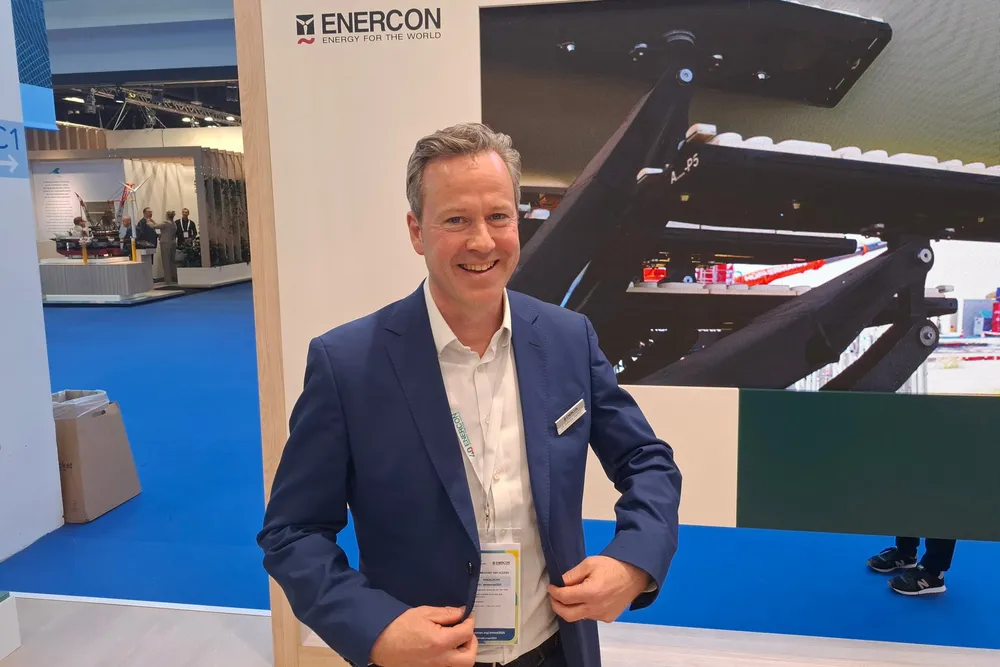Glad it stayed out of US, but Enercon chief says Trump's tariffs still make waves
Ulrich Schulze Südhoff also says there's no signals that energy transition is to slow down under Merz government

“Production capacity in the US might not be used as planned under the IRA [former president Biden’s Inflation Reduction Act] for the US market,” Ulrich Schulze Südhoff said.
“It might be used again for overseas markets, and you can see in Canada that some of the US American production goes to Canada. The same can also happen to other international markets. There is more capacity on the world market.
“There is an indirect effect. And there is already a lot of capacity on the market, also from the Chinese.”
Enercon’s decision to stay out of the US and Chinese markets “was the right decision”, the CCO said.
As was the focus on a dozen or so core markets, where the company sees “plenty of growth opportunities”, instead of the 50 or more markets the premium manufacturer used to supply in the past.
“Now, we focus on the countries where we see growth and a solid investment landscape,” Schulze Südhoff summed it up.
No German Slow-Down
Asked whether he thinks the rapid Energiewende (energy transition) in Germany will slow down under the likely new Chancellor Friedrich Merz, who in the election campaign had called wind turbines “ugly” and said he hoped they will one day be dismantled, the CCO said Enercon didn’t get any signals that this could be the case.
The company recently has talked to members of Merz’s CDU and got the impression that “they are not interested in reducing the build-out of onshore wind energy” and “understood that onshore wind is cost-competitive”.
Merz’s conservative CDU/CSU and the Social Democrats (SPD) of outgoing Chancellor Olaf Scholz on Wednesday presented their coalition agreement, which contained a commitment to Germany’s climate targets and a continued expansion of wind and solar – although with less emphasis than in the outgoing coalition that included the very pro-renewables Greens.
The new government also needs to tackle the “missing elements” of the energy transition, Schulze Südhoff said, such as more battery solutions and the grid expansion.
Also, “in addition to cost competitiveness, [wind power] is independent energy, for energy autarchy,” he said, adding that it is a resilient technology because “we have the resources in Europe”.
“It’s critical infrastructure, we have the European supply chain, and it gives us economic value creation in Europe. All strong reasons for keeping the wind onshore expansion high.”
To keep Germany’s current positive momentum in wind expansion, the next government needs to continue to speed up the permitting process, reduce bureaucratic bottlenecks – both for building permits and transportation permits – and provide investment certainty through a reliable build-out path, he added.
(Copyright)